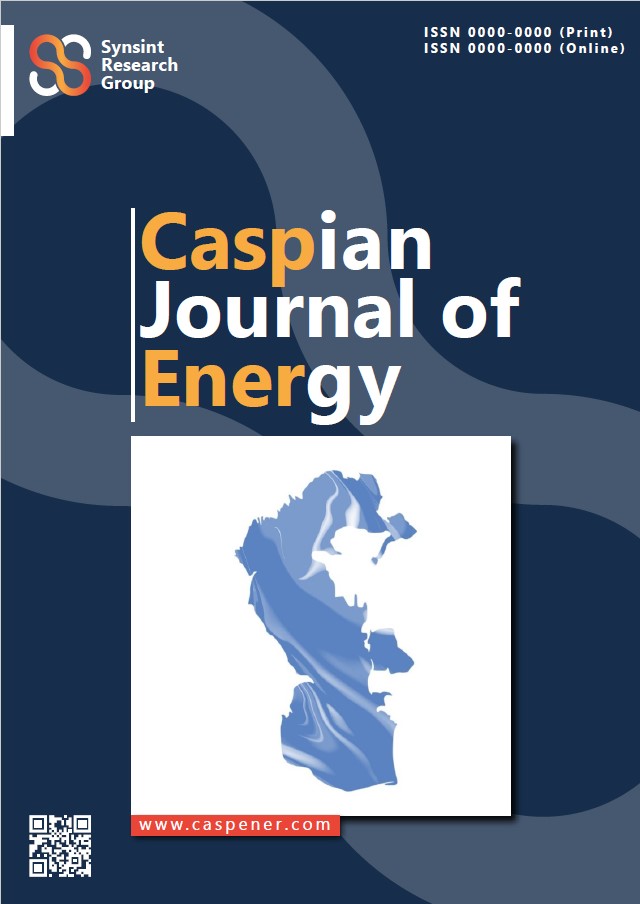Caspian Journal of Energy aims to serve as a platform for researchers to exchange insights and discoveries on theoretical and applied studies related to energy resources and technologies. The key focus areas and topics of interest for this journal include:
Exploration and Production: Manuscripts discussing the exploration, extraction, and production of conventional and unconventional energy resources are encouraged. This encompasses oil, natural gas, coal, shale gas, and renewable energy sources such as wind, solar, hydroelectric, and geothermal energy.
Energy Conversion and Storage: The journal welcomes contributions on energy conversion technologies, including but not limited to combustion engines, turbines, fuel cells, and photovoltaic systems. Additionally, research on energy storage technologies such as batteries, capacitors, and energy management systems is of interest.
Energy Policy and Economics: Manuscripts addressing energy policy, regulations, sustainability, and economics are encouraged. This includes discussions on energy efficiency, renewable energy integration, carbon capture and storage, and the transition to low-carbon and sustainable energy systems.
Environmental Impact and Sustainability: The journal covers research on the environmental impact of energy production and consumption, as well as sustainable practices and technologies aimed at mitigating environmental challenges. Topics may include greenhouse gas emissions, pollution control, waste management, and eco-friendly energy solutions.
Smart Energy Systems: Contributions related to smart energy systems, including smart grids, energy-efficient buildings, demand-side management, and grid integration of renewable energy sources, are welcomed. Research on energy modeling, optimization, and data analytics in energy systems is also of interest.
Through its publication, Caspian Journal of Energy seeks to contribute to the advancement of knowledge in energy science and technology, promote sustainable energy practices, facilitate discussions on energy policy and economics, and encourage interdisciplinary collaboration among researchers in energy, environmental science, engineering, economics, and related fields.








